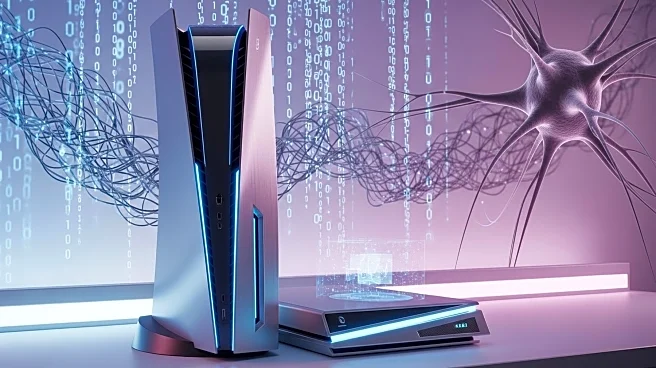What is the story about?
What's Happening?
Nintendo has officially denied allegations that it engaged in lobbying against generative AI with the Japanese government. The rumors, which circulated online, were addressed by Nintendo in a statement on X (formerly Twitter), clarifying that the company had no contact with the government regarding generative AI. This response followed a now-deleted post by Japanese House of Representatives member Satoshi Asano, who claimed Nintendo was involved in such lobbying activities. Asano has since apologized for not verifying the facts. The controversy arises amid the launch of OpenAI's Sora 2 AI video generation model, which faced backlash for generating videos with copyrighted content, including Nintendo's intellectual property.
Why It's Important?
The denial by Nintendo highlights the company's protective stance over its intellectual property, a critical aspect of its business model. The incident underscores the broader challenges companies face with the rise of generative AI, particularly concerning copyright infringement. As generative AI technology advances, companies like Nintendo must navigate the balance between innovation and protecting their IP rights. This situation also reflects the growing scrutiny and regulatory considerations surrounding AI technologies, which could impact how businesses integrate AI into their operations.
What's Next?
Nintendo's future approach to generative AI remains uncertain, as the company has previously expressed caution due to IP concerns. However, Nintendo President Shuntaro Furukawa has indicated openness to technological advancements, suggesting potential future engagement with AI. The industry will likely watch closely how Nintendo and other companies adapt to the evolving AI landscape, especially as more Japanese game companies begin to incorporate AI technologies.
















